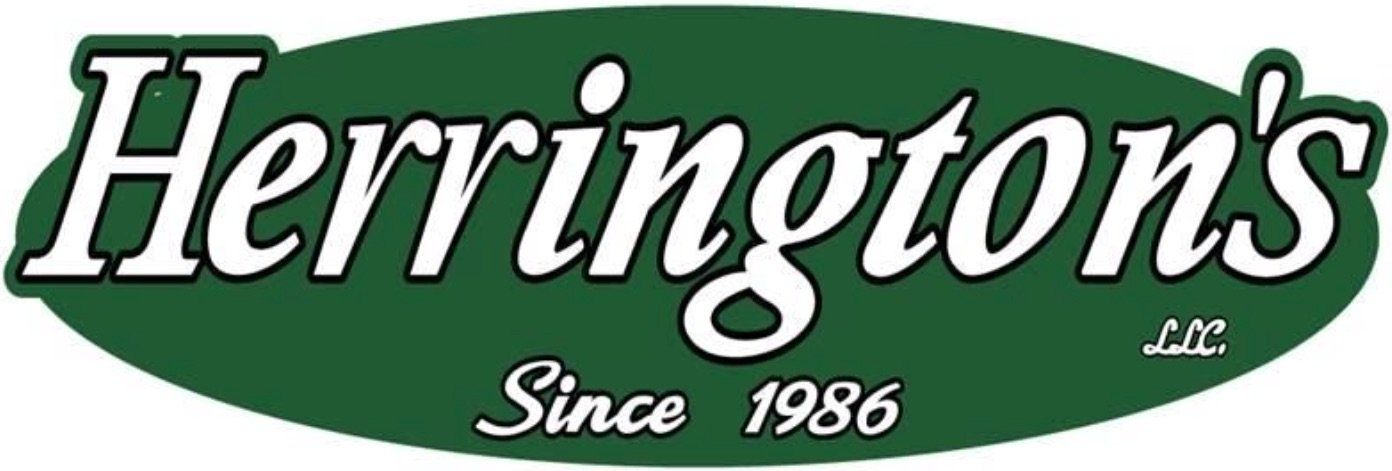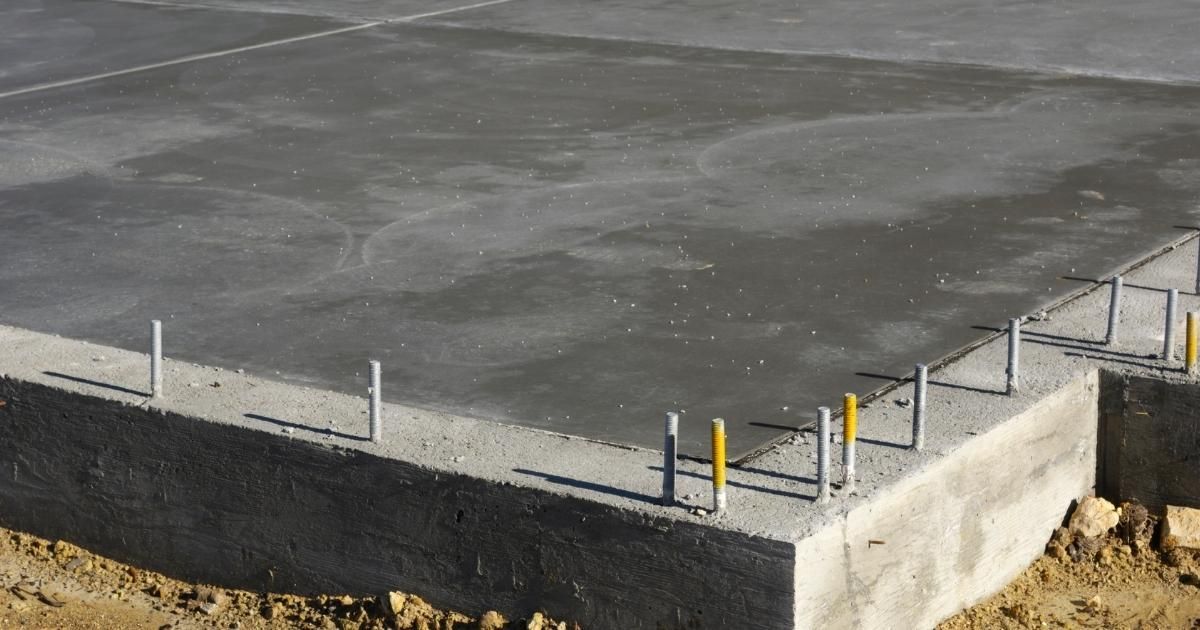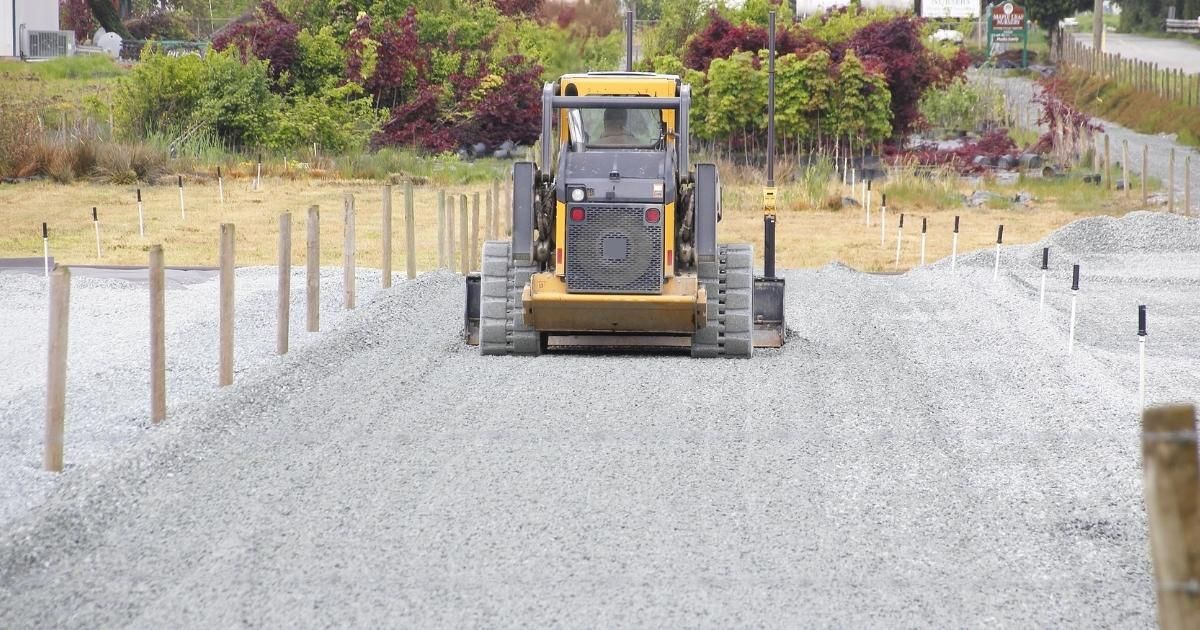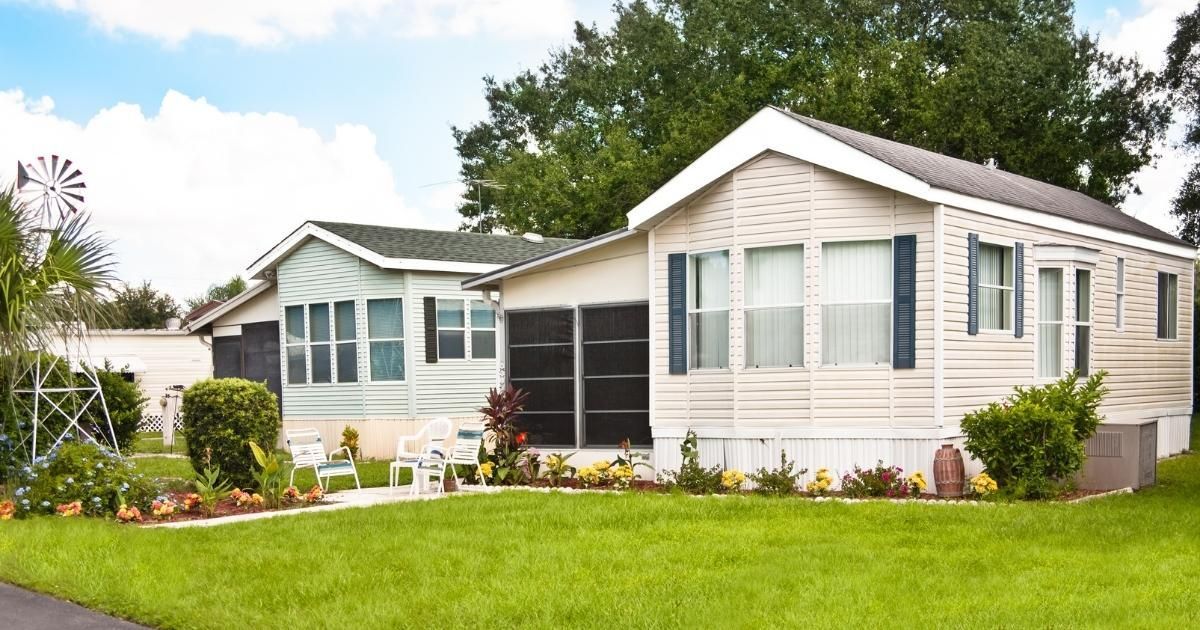Are There Mobile Home Septic Tank Requirements?
While a septic system connects the same way for both mobile homes and site-built homes, the main issue that’s critical to understand is that a mobile home cannot be hauled over the area where the septic tank has been placed. If this were to happen, the tank would be crushed under the mobile home’s weight leading to the unfortunate need of septic tank replacement.
Here are some other factors and requirements when it comes to septic tank services, septic tank installation, and replacement. Understanding these requirements will help you avoid septic tank problems and failing a septic tank inspection. If you have any questions about South Carolina regulations, contact Herrington’s at
843-358-6251 and we’ll be glad to talk with you.
1. Obtaining a Permit
Installation of a septic system requires a permit, usually obtained through your county’s building permit or health department. Before issuing a permit, a percolation test (aka perc test) is run to establish the soil’s water absorption rate to make sure wastewater can be dispersed properly. The results will determine if the land is suitable for a septic tank and if a permit will be issued for septic tank installation. If a permit isn’t issued, then an alternative method of sewage disposal will need to be planned.
2. Septic Tank Size
The design of your septic system is part of the permit process. Several factors help determine the septic tank size, such as the number of people living in the house, water usage, and how many bedrooms. The higher the numbers, the larger the tank. Septic tank sizes run from 750 gallons for a 1–2 bedroom home, up to a 1500 gallon tank that can accommodate a 5–6 bedroom home. Your local county issuing department will have the specific criteria for the proper septic tank size.
3. Leach Field Size
Also called a drain field, a leach field is a large network of perforated pipes buried beneath the land's surface that slowly "leach" drainage water into the ground. The results of the perc test will determine the size and design of the leach field for your septic system including the proper septic tank size to accommodate your water usage. A properly design leach field and system will help to avoid contamination and septic tank problems.

4. Septic Tank Installation
Proper septic tank installation is just as important as designing the system. Equally important is ensuring that you hire a licensed installer. Most counties will require them to be licensed but be sure to do your due diligence to be absolutely sure they are licensed. Ask to see their license. A dishonest installer may dig shallow to save time which will cost you more in septic tank services to fix the problems they’ve created. According to the Environmental Protection Agency (EPA), septic tank installation done incorrectly can potentially contaminate well water that’s used for drinking.
DHEC Laws and Regulations: Septic Tanks
South Carolina Department of Health and Environmental Control (DHEC) takes the protection of land and quality-of-life issues very seriously. View
DHEC Laws and Regulations for land waste management for a better understanding of what’s required for a properly running septic tank system and what’s required to pass septic tank inspections. If you have an older system or new construction and are looking for septic tank services, be sure to talk with an expert in the field about installation or septic tank replacement.
Herrington's Mobile Home Transport and Setup
Make sure to cover all your bases for replacing or installing a new septic system. Doing so will help you avoid many headaches and costly septic tank problems. Herrington’s offers mobile home septic tank services and solutions, from septic tank installation to repairs and maintenance. Call Herrington’s today at
843-358-6251 to get the job done quickly and correctly!




